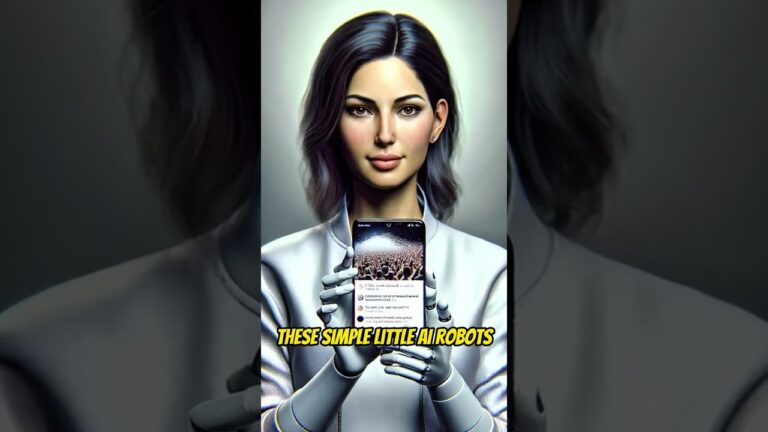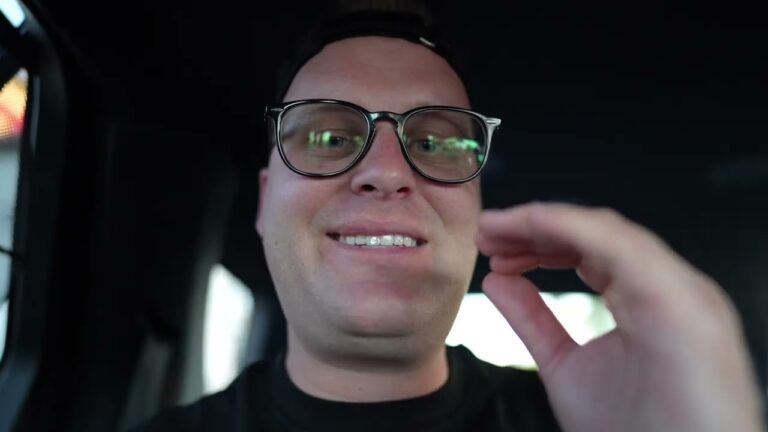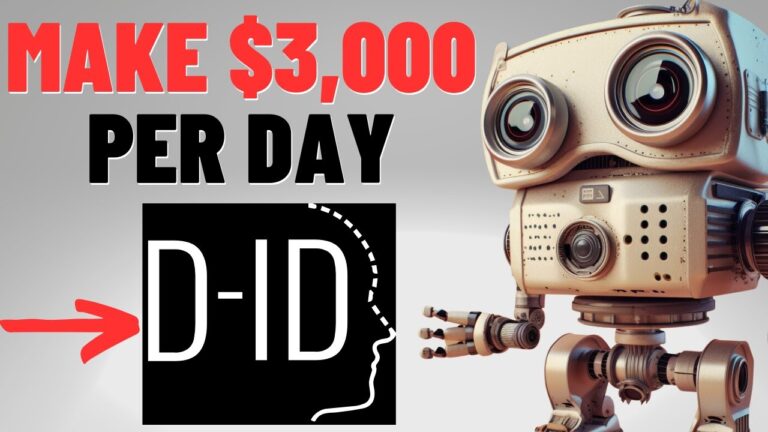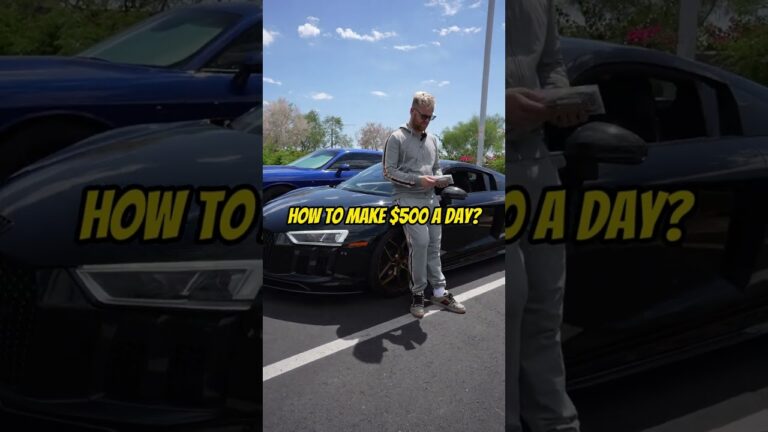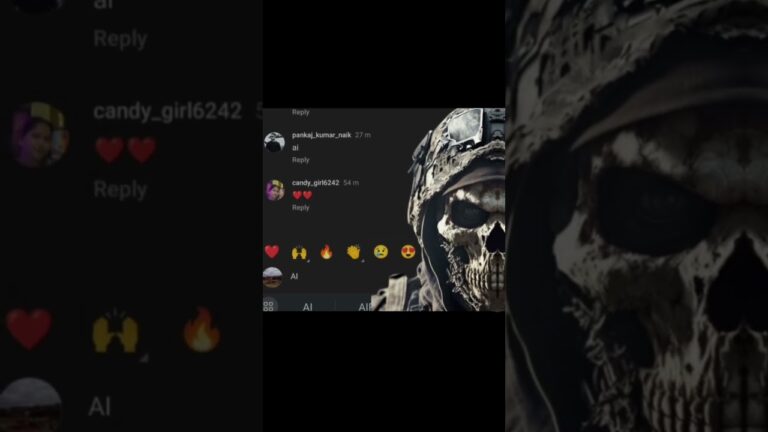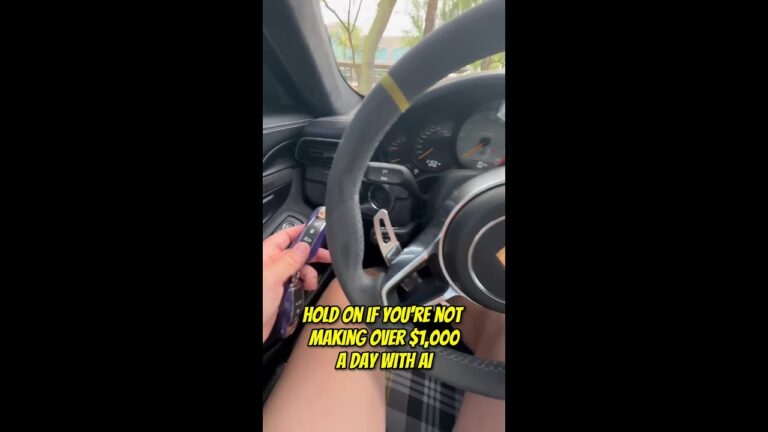How To Use OpenAI Sora Video Generator 2024 (Easy Steps to Get Started)
Today we’ve got some mind-blowing tech news to share with you! OpenAI has just unveiled their new Sora video generator, and it’s going to revolutionize the way we think about video creation. Imagine being able to create a minute-long video from just a text prompt, and it’s so lifelike that you can’t even tell it’s generated by AI. That’s exactly what Sora is capable of doing.
The buzz around this innovation is huge, and people are reacting with mixed feelings. On one hand, there’s excitement and curiosity as everyone wants to know if they can get their hands on Sora to try it out. On the other hand, there’s concern about the impact on creative jobs and artistic rights. But don’t worry, OpenAI is taking steps to address these concerns. They’re involving discussions about regulations and ethical considerations to ensure the future of video production caters to both professionals and creativity. While Sora is still in the red teaming phase, a select group of visual artists, designers, and filmmakers are getting early access to provide feedback and help refine Sora. So, if you’re intrigued by this fascinating technology, stay tuned for updates on Sora’s public release date and keep innovating!
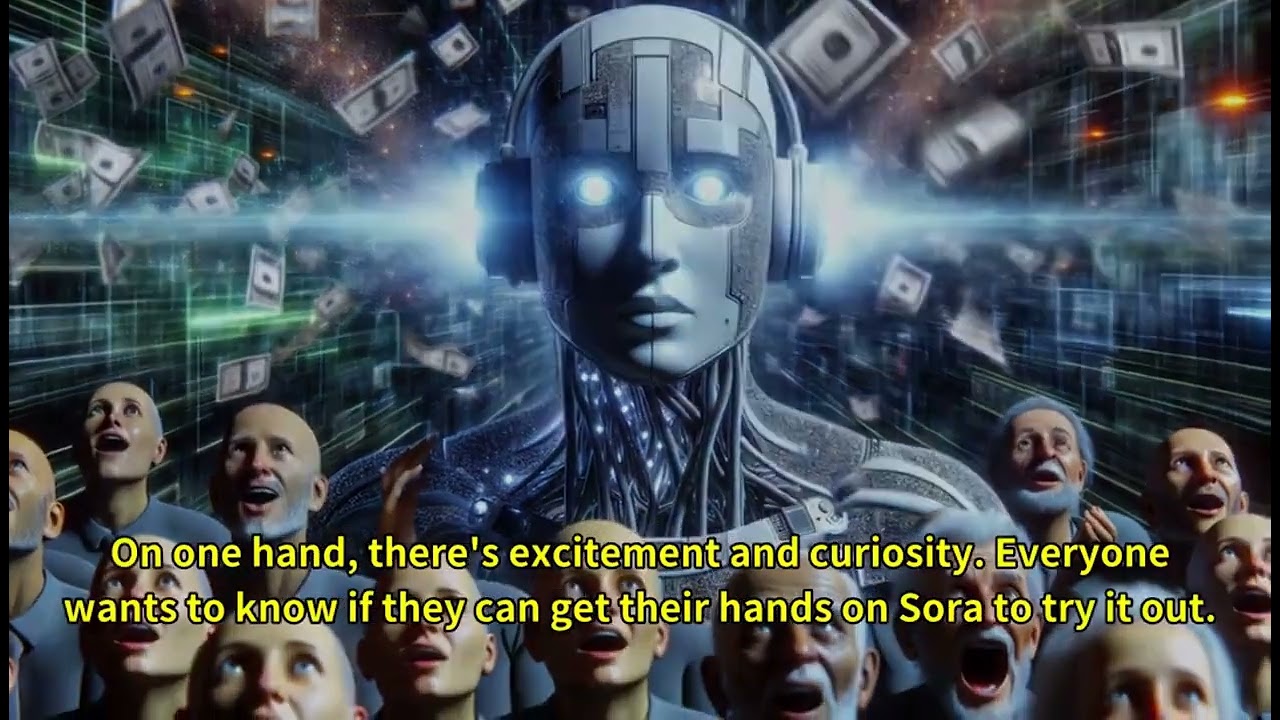
What is OpenAI Sora Video Generator?
Imagine being able to create a minute-long video from just a text prompt, and it’s so lifelike that you can’t even tell it’s generated by AI. That’s exactly what OpenAI’s new video generating model, Sora, is capable of doing. OpenAI Sora Video Generator is the latest innovation by OpenAI that aims to revolutionize the way we think about video creation. It has generated a huge buzz in the tech community and has left people both excited and curious about its capabilities and potential impact on the future of video production.
Introduction to OpenAI Sora
OpenAI Sora Video Generator is a cutting-edge AI model developed by OpenAI. It is designed to generate lifelike videos based on a given text prompt. Sora utilizes machine learning algorithms and deep neural networks to analyze and understand the text prompt and then generate a corresponding video that matches the intended concept. The AI model is trained on massive amounts of data, allowing it to generate high-quality videos that rival traditional video production methods.
Capabilities of the Sora AI model
The Sora AI model has impressive capabilities that have captured the attention of professionals and enthusiasts alike. It can transform a simple text prompt into a fully animated video, complete with characters, scenes, and even special effects. The level of detail and realism achieved by the Sora AI model is truly remarkable. It can generate videos for various purposes, including advertisements, storytelling, and visual presentations. With Sora, the possibilities for creative video production are endless.
Impact on the future of video production
The introduction of OpenAI Sora Video Generator has sparked discussions about its potential impact on the future of video production. On one hand, there is excitement and curiosity about the possibilities it offers. The ability to quickly and easily generate high-quality videos could greatly streamline the video production process and open up new opportunities for creativity.
However, there are also concerns about the impact on creative jobs and artistic rights. Some worry that the widespread adoption of AI-generated videos could lead to a decline in demand for traditional video production services. Additionally, questions about ownership and copyright arise as AI takes a more prominent role in creating visual content. These concerns highlight the need for discussions surrounding regulations and ethical considerations in the field of AI-generated video production.
Understanding the Buzz
The buzz surrounding OpenAI Sora Video Generator has been mixed, with people expressing a range of reactions and emotions. On one hand, there is excitement and curiosity about the capabilities of the Sora AI model. The idea of being able to create engaging videos simply by providing a text prompt is captivating and has drawn significant interest from professionals, enthusiasts, and content creators.
On the other hand, there are concerns about the potential impact on creative jobs and artistic rights. Some individuals worry that AI-generated videos could replace traditional video production methods, leading to a decrease in demand for human creatives. Additionally, there are questions about the ethical considerations of AI-generated content and the potential for misuse or exploitation.
Excitement and curiosity
The introduction of OpenAI Sora Video Generator has generated a great deal of excitement and curiosity in the tech community. The idea of being able to generate high-quality videos with just a text prompt is a significant breakthrough. Many individuals are eager to explore the capabilities of the Sora AI model and are interested in the creative possibilities it offers. The ability to generate videos quickly and effortlessly opens up new opportunities for content creation and storytelling.
Concerns about creative jobs and artistic rights
While there is excitement surrounding OpenAI Sora Video Generator, there are also valid concerns about its impact on creative jobs and artistic rights. Some individuals worry that the widespread adoption of AI-generated videos could result in a decline in demand for human creatives, such as videographers, animators, and filmmakers. The fear is that AI-generated content may replace traditional production methods, ultimately affecting livelihoods in the creative industry.
Additionally, questions arise regarding artistic rights and ownership of AI-generated videos. As AI becomes increasingly capable of creating visual content, determining the ownership and copyright of AI-generated videos becomes a complex issue. These concerns call for further discussions and considerations about the implications of AI-generated content on the creative ecosystem.
Current Status and Access
OpenAI Sora Video Generator is currently in the red teaming phase, which means that experts are rigorously testing the AI model to prevent any harmful or unsuitable content generation. This phase ensures that the Sora AI model can deliver high-quality videos while adhering to ethical standards.
Although the Sora Video Generator is not yet publicly available, OpenAI has provided early access to a select group of visual artists, designers, and filmmakers. This group has the opportunity to explore and experiment with the capabilities of the Sora AI model and provide valuable feedback to OpenAI. The intention behind this early access is to enhance the Sora Video Generator in a way that supports and enhances creative professions, rather than threatening them.
OpenAI’s intention to enhance creative professions
OpenAI has made it clear that their intention with the Sora Video Generator is not to replace or devalue creative professions. They aim to enhance the work of visual artists, designers, and filmmakers by providing them with a powerful tool to bring their visions to life. OpenAI seeks to collaborate with professionals in the creative industry to understand their needs and improve the Sora AI model accordingly. The goal is to use AI as a creative partner, amplifying human creativity rather than replacing it.
Future Release
As of now, OpenAI has not announced a public release date for the Sora Video Generator. The AI model is still in the testing phase, and OpenAI is actively working on refining its capabilities and addressing any potential issues. The company is committed to ensuring that the Sora Video Generator meets the highest standards of quality, ethics, and user experience before making it available to the public.
Waiting for further updates
Although the exact release date of OpenAI Sora Video Generator is not known, it is essential for interested individuals to stay tuned for further updates from OpenAI. The company is known for its commitment to sharing progress and engaging with the community. As development continues and the Sora AI model evolves, OpenAI will provide updates on its advancements and additional information regarding its release. Keeping an eye out for these updates will ensure that individuals seeking to explore the capabilities of the Sora Video Generator stay informed and prepared.
Conclusion
OpenAI Sora Video Generator represents a significant leap forward in the field of video creation. Its ability to generate lifelike videos from simple text prompts has captured the attention and imagination of professionals and enthusiasts alike. While discussions surrounding regulations and ethical considerations continue, it is clear that the Sora AI model has the potential to revolutionize the way we think about video production.
As we wait for further updates and the eventual release of the Sora Video Generator, it is important to keep the conversation going. Discussions about the impact on creative jobs, artistic rights, and the ethical implications of AI-generated content will play a crucial role in shaping the future of video production. OpenAI’s commitment to enhancing creative professions through collaboration and feedback reflects a promising approach to the development of AI tools.
In the meantime, those fascinated by the capabilities of OpenAI Sora Video Generator can look forward to staying updated on its progress and release. OpenAI’s dedication to transparency and innovation ensures that individuals interested in exploring the possibilities of the Sora AI model will have the opportunity to do so in the future.



